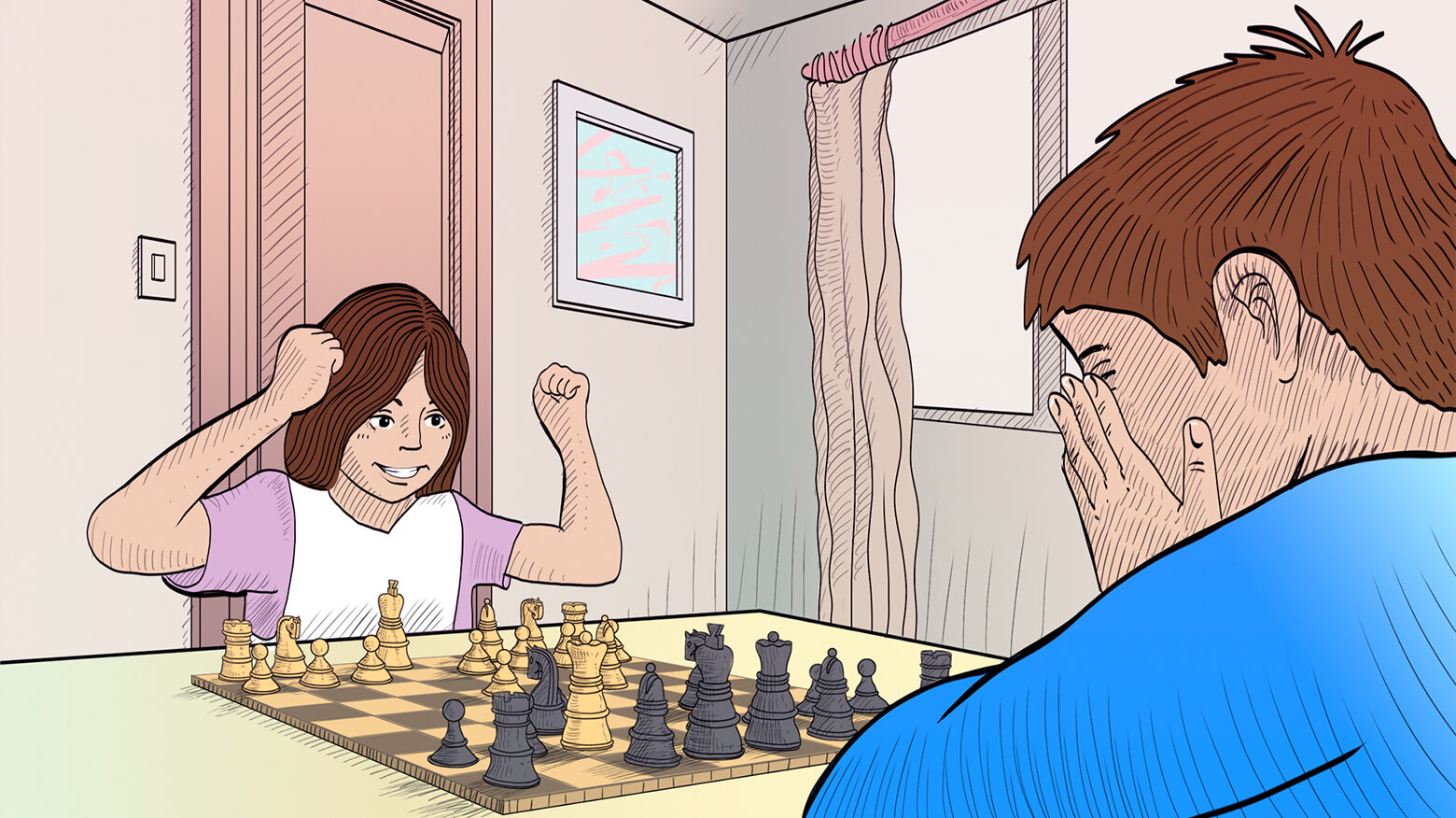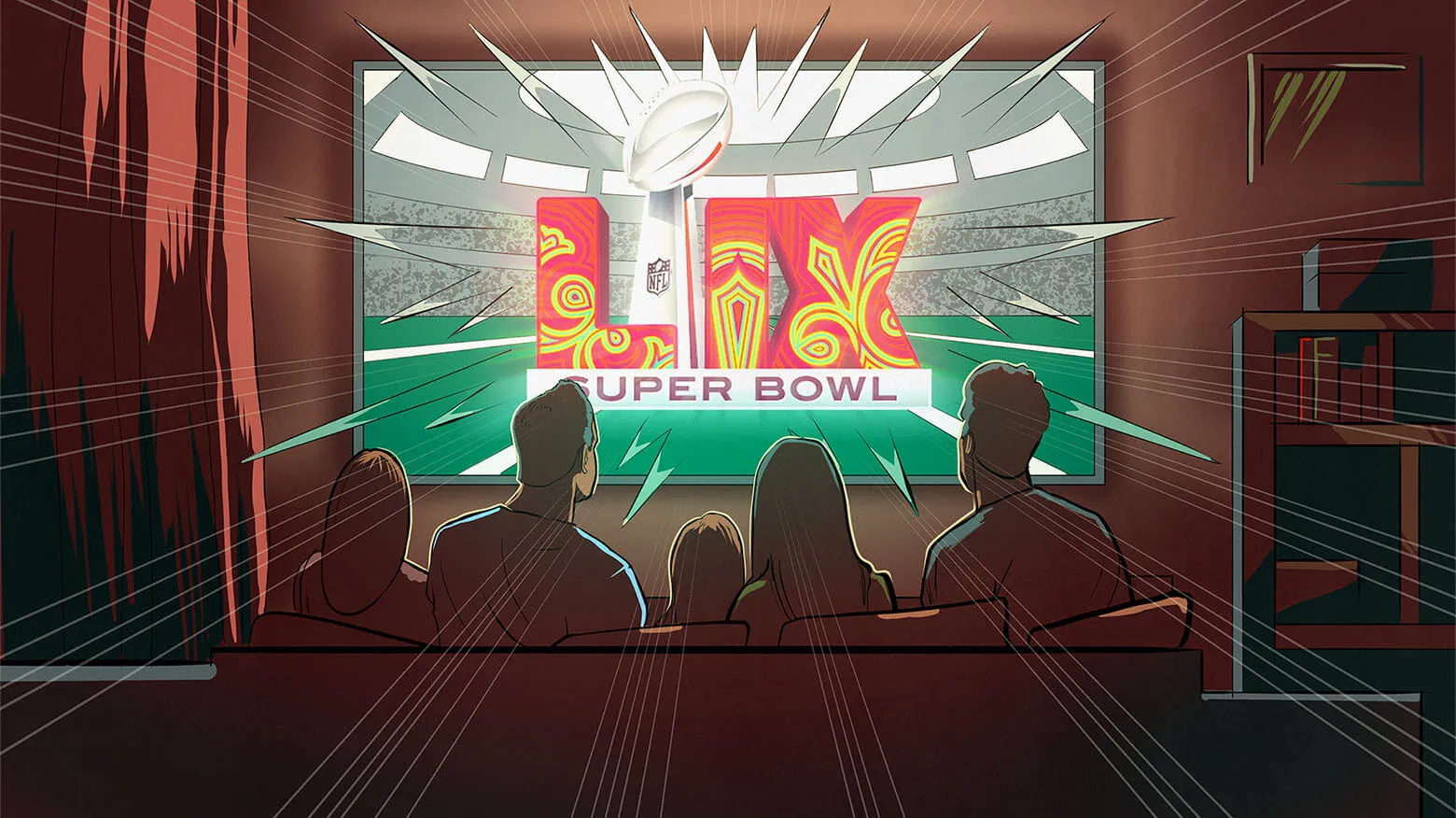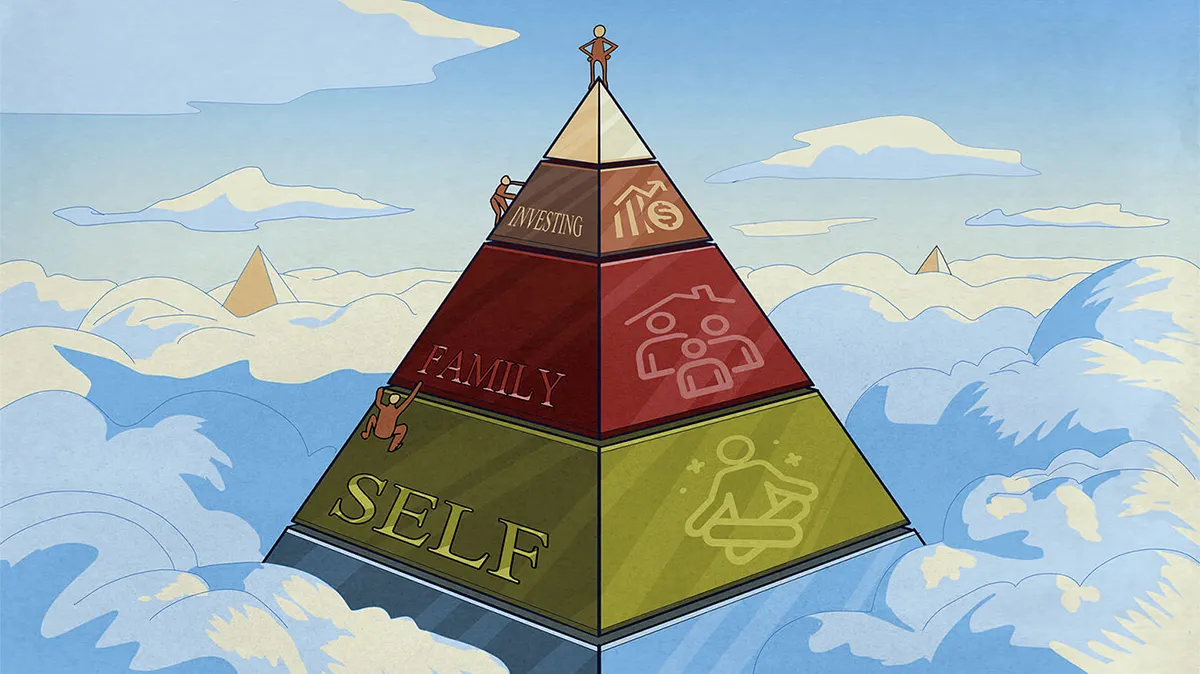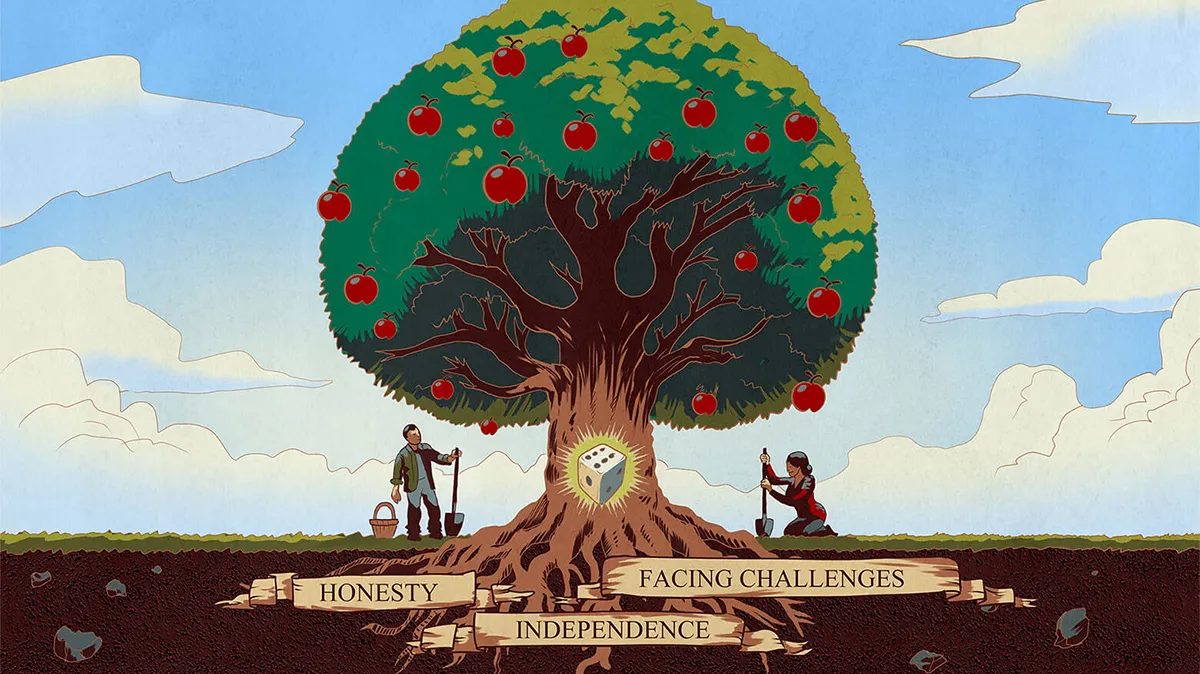It all started after Hannah watched The Queen’s Gambit for a homework assignment. She told me I had to watch it. I did. I loved it. But then Hannah said, “Dad, let’s play chess.”
Okay, I have to pause and rewind. I grew up in Russia, where chess was a spectator sport, almost (though not quite) what Hockey (I am intentionally capitalizing the “H”) is for Canadians. I probably first played chess with my father when I was five years old. I never took formal chess lessons. I played casually; I was never great at it, just an average intuitive player.
My son Jonah, who is now 19, started playing chess in kindergarten. Chess is something Jonah and I shared daily after dinner for years. In the beginning he enjoyed chess and participated in and won some tournaments. But he lost his love for the game after making the mistake of choosing a chess teacher who was wrong for him. (I wrote about this in the past.)
His teacher was a retired Russian engineer and ex-Moscow champion, a terrific human being who was not an appropriate pedagogue for an eleven-year-old. His teaching style was remarkably similar to that of many Soviet teachers I encountered as a kid (which is why I was never a good student in Russia but blossomed in the US). He knew his subject incredibly well; he was very efficient; and he would have been a great teacher for a self-confident adult. But not for an eleven-year-old child. He simply lacked kindness and playfulness.
I realize now that his job was not just to teach Jonah chess but also to support and grow that little flame of love for chess my young son had. Jonah’s lessons lasted about two years. Even after he stopped taking lessons, he still played in tournaments; but his opponents progressed as they dedicated themselves to studying chess, while Jonah just showed up.
If you asked Jonah today, he’d tell you that the part he enjoyed about tournaments was not the matches themselves but the lunch break. I was the one taking him to the tournaments (my wife stayed home with our daughters). Jonah and I had this little tradition where we’d go to a Japanese fast-food restaurant, where I’d let him get Izzy (a bubbly soda drink), and then we’d top it off with a visit to Dairy Queen, which was next door. I tell you, all my kids’ best moments revolve around food. Though I have a feeling it was more than food; it was our spending time together.
Hannah is four years younger than Jonah. She never took formal chess lessons. I taught her chess when she was seven. After my experience with Jonah, I never pushed chess on her. If I am honest with myself, I am not sure if I subconsciously made this decision because of Jonah’s difficult experience or because Hannah is a girl. I’ll never know the answer because it was a mindless decision; I don’t think I gave it much thought.
If I did not nudge Hannah to pursue chess because she was a girl, then I could not have been more wrong.
Chess has historically been predominantly a men’s sport, probably because it resembles a battle. Intellectually I was always bothered by the fact that there were men’s and women’s divisions. Unlike athletic sports such as running, soccer, or weightlifting, where differences in male and female physiology make a difference, chess is a sport of thinking. Putting men and women into different divisions somewhat implies different mental capacities of each sex.
One of my jobs as a parent is to instill in my kids that they can do anything they really want to do. However, I now realize that with my daughters I must work extra hard on this. I have to keep repeating to them that other than a very few biologically limiting tasks (like childbearing and breastfeeding) there is no such a thing as man’s or woman’s job.
The Queen’s Gambit ignited a little flame of chess interest in Hannah. So we played chess. After we had played for a few weeks, I added a little bit of fuel to that flame and found Hannah a chess teacher. This time I was more careful. She is taking lessons from Azzama, a 25-year-old Russian-born woman and chess master from Chicago (this is the beauty of online learning). Hannah absolutely adores Azzama. She makes classes so interesting that Hannah went from taking lessons once a week to twice.
Interesting side effects from this: Hannah’s younger, seven-year-old sister, Mia Sarah, seeing Hannah taking her chess lessons, expressed an interest in chess, too. So now Azzama has another student. And then last Saturday I was sitting here reading a book and I overheard Mia Sarah teaching my wife chess moves. Soon we are going to have chess tournaments in the Katsenelson household – two feeble men against three strong women.
I have to tell you, though, that the best part about all this is that I am playing chess almost daily with my daughters. The beauty of this game is that I cannot lose: If I win, I win. If I lose, I still win as a father – I’m as happy for their win as they are. Of course, with my wife, the only way I can win is if I lose. Now I am looking forward to the days when my daughters will be beating their older brother, who is currently very smug about his game. Hopefully not for too long.
P.S. For the chess geeks: Azzama uses Chess.com as a teaching tool for Hannah and ChessKid.com for Mia Sarah. ChessKid.com seems to be a wonderful teaching tool for beginners; it further gamifies chess learning for kids.









Beautiful story thank you for sharing